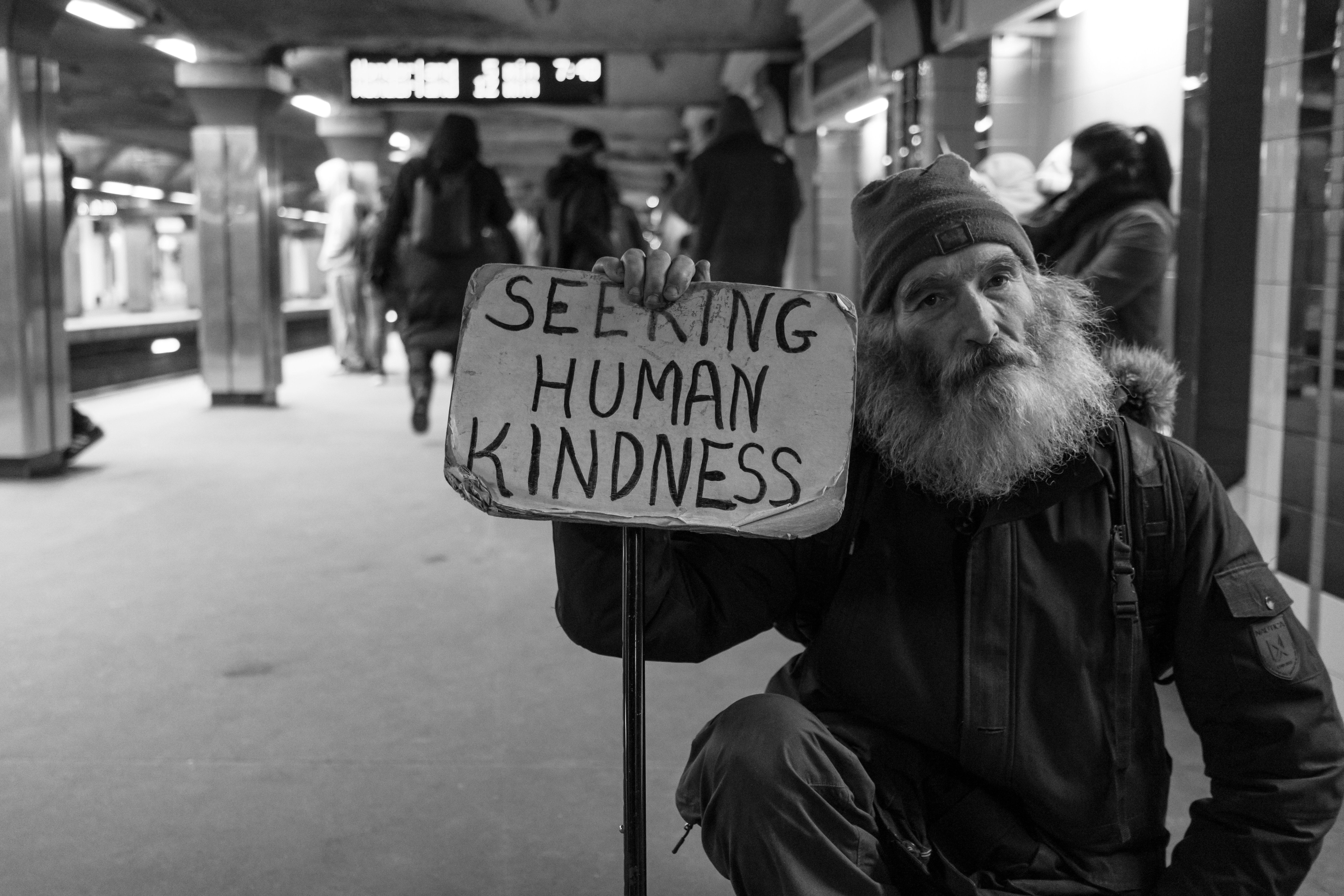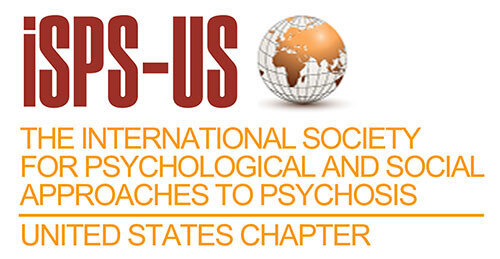
ISPS-US strongly opposes efforts to expand forced psychiatric commitment under the guise of public safety. Decades of research have shown that approaches like Housing First, voluntary community-based services, and peer support - not coercion or confinement - are what actually work. We believe in evidence-based solutions that uphold dignity, autonomy, and human rights.
We are sharing the following powerful statement from the National Disability Rights Network and allied organizations, who speak out against a new Executive Order that promotes broad civil commitment and undermines critical legal protections.
ISPS-US will be organizing a meeting to galvanize our membership towards action on this topic later this week. We will release details of this via email and our listserv to our members.
Contact: David Card
202.408.9514 x122 | press@ndrn.org
Washington, DC —The Bazelon Center for Mental Health Law, the National Disability Rights Network, the Center for Public Representation, the National Health Law Program, the Disability Rights Education and Defense Fund, and the Arc of the United States condemn the issuance of an Executive Order on “Ending Crime and Disorder on America’s Streets.” The Order directs the Attorney General to seek “the reversal of Federal or State judicial precedents and the termination of consent decrees that impede the United States’ policy of encouraging civil commitment of individuals with mental illness who pose risks to themselves or the public or are living on the streets and cannot care for themselves in appropriate facilities for appropriate periods of time.”
“This Executive Order appears aimed at upending decades of established Supreme Court precedent and eliminating basic protections that prevent the arbitrary confinement of people based on a disability. We cannot go back to the times when people’s liberty could be taken away with no rhyme or reason, or for reasons like revenge or punishment,” said Jennifer Mathis, Deputy Director of the Bazelon Center for Mental Health Law. “The executive branch has an obligation to abide by Supreme Court decisions rather than seeking to overturn them.”
“What unhoused people with disabilities need is not more policing or confinement, but permanent affordable housing, access to mental health services, and the support to live with dignity in their communities,” said NDRN Executive Director Marlene Sallo. “This executive order diverts resources away from the real solutions we know work and instead embraces coercion over care.”
Read the full statement here.
